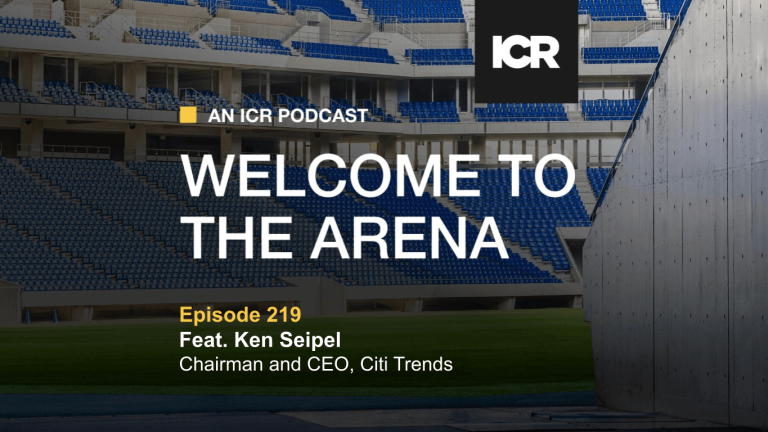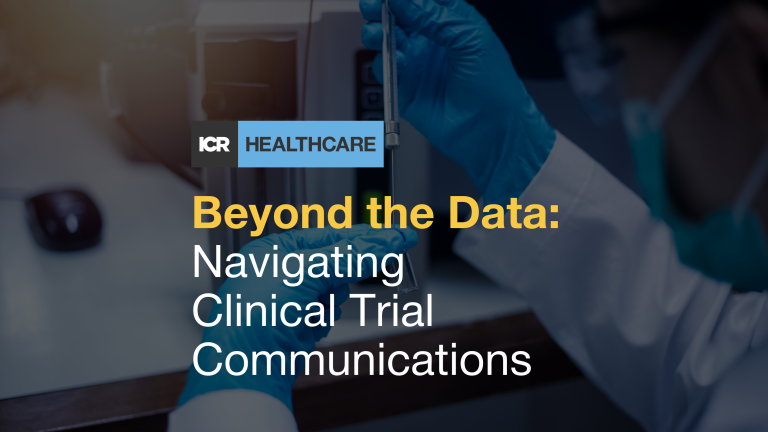Over the past few months, much has been made of the new MiFID II regulation and the impact it will have on Wall Street, and ultimately, public companies. While it has been in effect since the beginning of the year, we’ve only just begun to experience the impact. We’ve heard stories of lower trading commissions to Wall Street firms; seen buy-side accounts changing the way they compensate sell-side analysts; and caught wind that some of the largest buy-side firms are building out their own corporate access departments.
Many of the MiFID II-related news articles published to date are vague and draw uncertain conclusions about its impact. With that in mind, we want to take this opportunity to outline exactly how we think MiFID II will play out, and provide guidance to senior management to help them thrive under this new world order. Here’s how we see this new regulation snowballing in the coming months.
Step 1: Total commission dollars will continue to decrease dramatically.
MiFID II requires that fees paid to Wall Street firms for trading and research services are clearly defined. Previously, these research payments could be bundled as part of the commissions buy-side professionals paid to sell-side analysts — which resulted in less transparency. The MiFID II requirement to make a distinction in research payments has caused buy-side firms to assign fixed prices to every type of interaction they have with their sell-side counterparts. We foresee this al-a-carte pricing accelerating the overall decline in commissions.
Step 2: Added pressure on Wall Street.
In an environment of lower commissions, Wall Street firms will face significant financial pressure. It is unclear how long they can maintain the status quo without making dynamic shifts in an effort to realign or right-size their businesses, but we speculate it could be as soon as two quarters from now.
Step 3: A re-prioritization of research coverage.
Research departments have long been seen as a cost center, and MiFID II shines a bright spotlight on where costs are being allocated. The need to justify these costs will likely lead to staff reductions and reprioritization of research coverage. We believe stock coverage will skew away from small-cap companies and shift to larger-cap stocks with a high average daily trading volume, from which sell-side firms can seek out additional revenue on trading commissions.
Step 4: The end of sell-side sponsored non-deal road shows.
Another consequence of al-a-carte pricing is assigning a specific dollar value to each non-deal road show meeting. Right now, buy-side firms are only willing to pay a few hundred dollars for this type of meeting with senior management teams, which is down significantly from historic levels. Human nature dictates that people act in their own self-interest, and if sell-side firms can no longer make money hosting non-deal road shows, they will quickly focus on more profitable ventures. We believe this will lead to the extinction of sell-side sponsored non-deal road shows.
What does all of this mean for you? As a result of these MiFID impacts, small-cap public companies will suffer in two ways:
- A likely reduction in research coverage
- A lack of sponsorship for non-deal road shows
The decrease in research analysts covering your story and the buy side’s move towards no longer incentivizing non-deal road shows will impact your ability to get on the road to raise awareness of your story and cultivate new investors.
So what can you do? While the sell side may no longer be inclined to host non-deal road shows, our corporate access team is available to step in. Westwicke has focused on the healthcare industry for more than a decade and has established strong relationships with key accounts across the U.S. that care most about small- to mid-sized healthcare companies.
Westwicke’s differentiated approach:
- Senior institutional sales professionals, with a combined 40+ years of Wall Street experience
- Established relationships with the healthcare-focused investment community (mutual funds, hedge funds, family offices) including the top small- and mid-cap portfolio management teams in all regions of the country
- Proprietary database of over 35,000 investor meetings hosted/sponsored over the past 12 years
- Expertise in all the key healthcare verticals — Life Sciences, Medical Technology, HCIT/Services
- Proven track record of executing non-deal road shows that are targeted to develop a long-term shareholder base
Want to learn more about how Westwicke can supplement your IR efforts with incremental non-deal road shows? Reach out to start a conversation.



